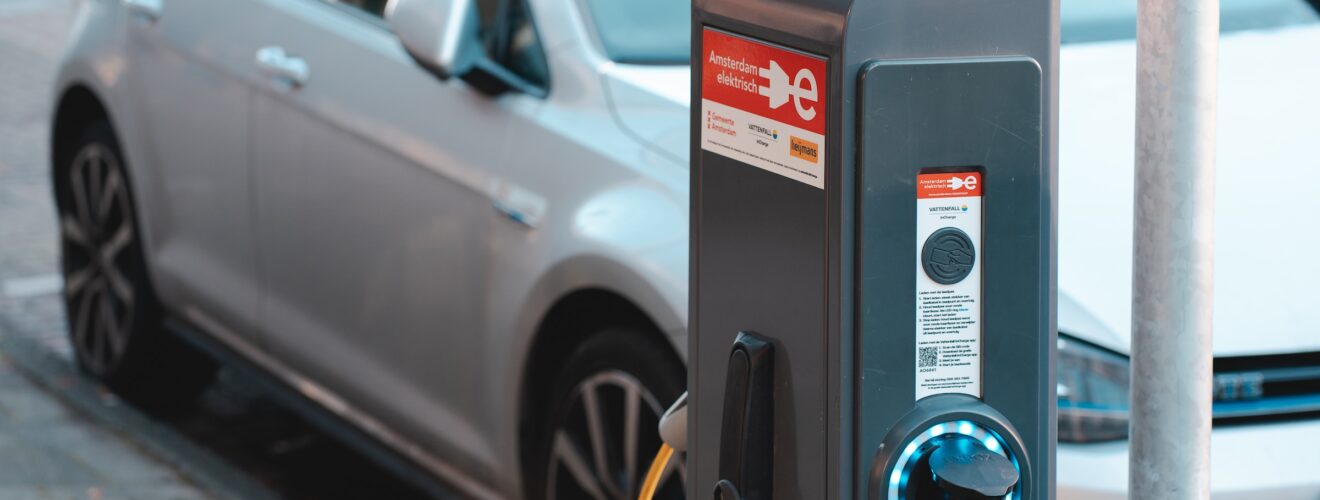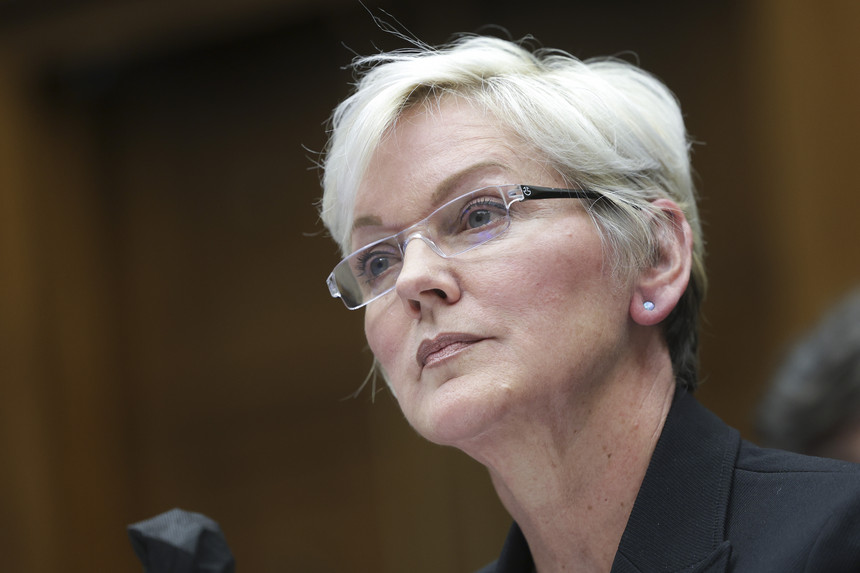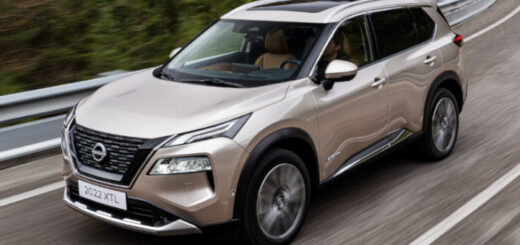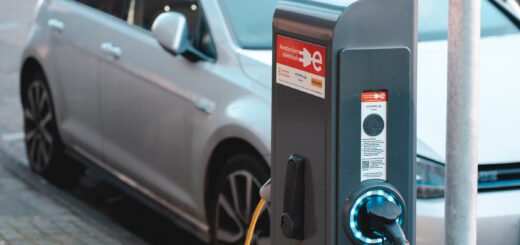The Path to a Future of Electric Vehicles

What’s economical, environmentally friendly, and has four wheels? An electric vehicle can be the best option for you if you’re in the market for a new car (EV). We’ll explain the differences between an electric vehicle (EV) and a conventional gas-powered automobile, as well as how buying an EV now could save you money on the vehicle’s total cost as well as future fuel and maintenance savings.
Electric Vehicles
Battery Powered: Electricity stored in a rechargeable battery powers electric vehicles (EVs) as opposed to conventional cars, which run on gasoline or diesel. This implies that compared to gas-powered cars, they have less moving parts and fluids (woohoo! no more oil changes or trips to the gas station!). It does, however, imply that you will require a place to charge your car. If you want to charge your device much more quickly, you can have an electrician install a 240V outlet, but for now, a basic 110V outlet in your driveway or garage will work just fine. Furthermore, there are currently more than 50,000 public charging stations available, allowing a greater number of individuals to use the expanding network for charging. President Biden’s Investing in America initiatives offer incentives to help you defray the cost of these charging upgrades.
More Beneficial to the Earth
Unlike gas-powered vehicles, electric cars have zero exhaust emissions, which means they don’t contribute to air pollution. They can travel four times as far with the same amount of energy as a conventional car and are also incredibly energy-efficient.
Depending on the electricity source used to charge the vehicle, electric cars have a greater overall environment benefit; the biggest savings come from clean energy sources like solar or wind power. More over 40% of the power produced in the country in 2022 comes from clean sources. An electric automobile currently produces the fewest emissions of any vehicle technology, even when taking into account the production of the vehicle itself and for those whose electricity does not yet come from renewable sources of power. Due to investments made possible by the Inflation Reduction Act and Bipartisan Infrastructure Law, it is anticipated that by 2030, the share of clean electricity would surpass 80%, which will have a positive impact on the climate. If you want to drive less and lessen pollution in your town and across the nation, choosing to drive an electric vehicle (EV) is a great choice.
More Economical
Do you want to pay less at the gas pump? Dispose of the pump! Electrifying your home instead of refueling could result in yearly savings of $800 to $1,000. Additionally, there are usually smaller financial benefits for people who charge while away from home, although certain car and charging businesses provide enticing deals or even free charging options. Furthermore, battery electric vehicles (EVs) require 40% less money for maintenance, including tune-ups and part replacements. Because of these advantages, investing in electric vehicles (EVs) can pay off over time by saving thousands of dollars.
Not only that, but you might also qualify for a $7,500 tax credit on the purchase of a qualified NEW car or a $4,000 tax credit on the purchase of a qualified USED clean vehicle, all thanks to President Biden’s Investing in America initiative. As previously indicated, credits are available for upgrades or purchases of your home charger or outlet to enable faster charging.
Investment of American Government
In addition to lowering the cost of EVs for drivers, the Department of Energy and the Department of Transportation are constructing a countrywide network of EV charging stations throughout all 50 states, the District of Columbia, and Puerto Rico in an effort to increase the viability and accessibility of EV ownership. Communities in rural and urban areas that were previously underserved by EV charging facilities are given priority in this endeavor.
Learn more about the Joint Office of Energy and Transportation and see how this partnership is helping to make clean cars a viable choice for all Americans.
U.S. Secretary of Energy Jennifer M. Granholm makes her first visit to The Late Show to discuss the details of the massive climate bill that just passed the Senate.









